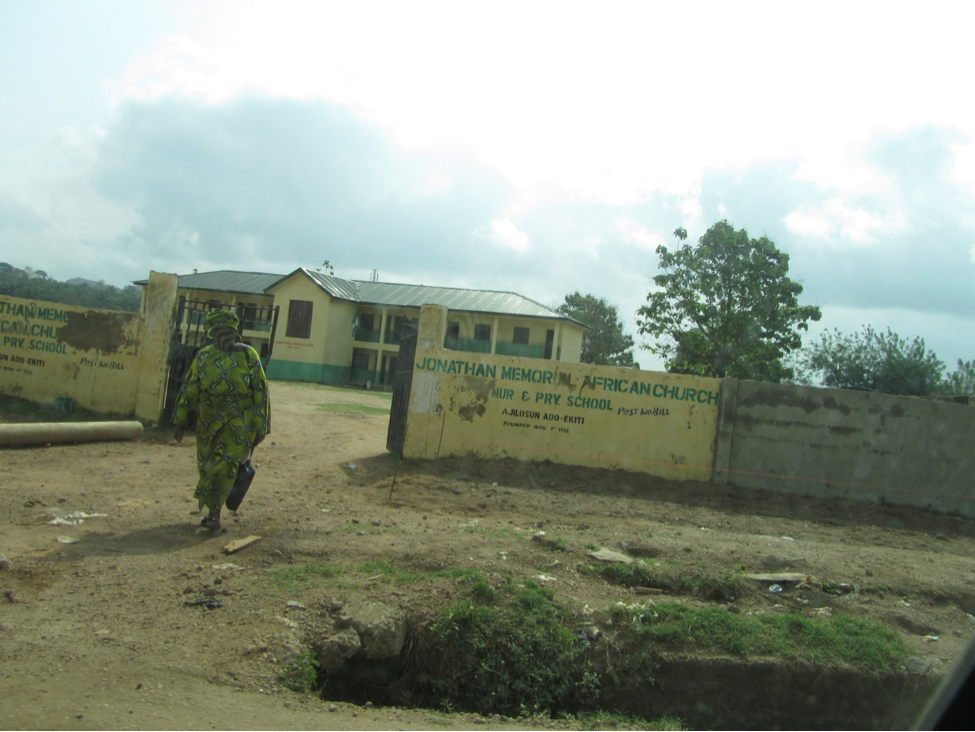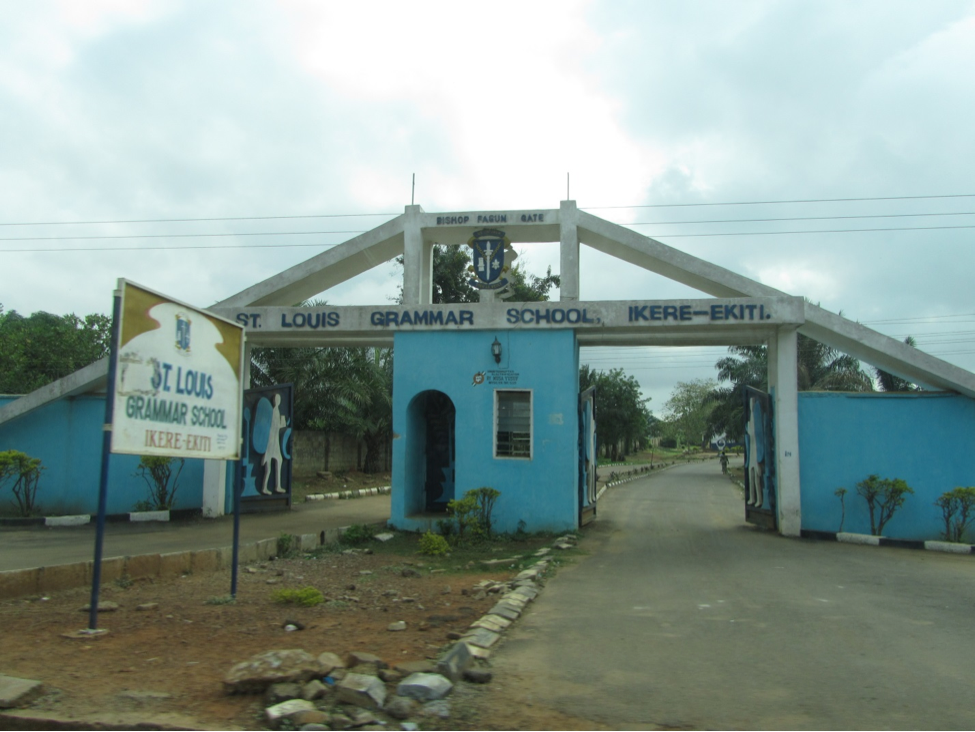The recent horrific terrorist attack at a college in Damaturu, Nigeria shows how mass casualty acts of violence are not unique to the United States. One of our analysts recently returned from a trip where she assessed a number of schools in Nigeria.
For 10 days in December, Dr. Sonayia Shepherd had the distinct pleasure of visiting Lagos and Ekiti States, Nigeria to study the school system. She particularly assessed security and safety aspects. Given recent terrorist attacks on schools and places of worship in Nigeria, school security is just as important there as it would be in New York, Texas or Oregon. Unfortunately, most Nigerian schools must operate in facilities that would not come close to passing building codes in the United States. Having worked in more than a dozen countries, Dr. Shepherd has considerable experience in understanding these types of challenges and adapting school safety concepts for school security assessments in developing countries like Nigeria.
It is important to understand that education is given high regard in Nigeria. According to Nigeria’s National Policy on Education, basic education covers instruction provided to children 3-15 years of age, which includes pre-primary programs (ages three to five), and nine years of formal (compulsory) schooling consisting of six years of primary and three years of junior secondary. A recent study (2012) uncovered that Nigerian immigrants have the highest levels of education in the nation (United States), surpassing whites and Asians, according to Census data bolstered by an independent analysis of 13 annual Houston-area surveys conducted by Rice University and commissioned by the Houston Chronicle. So how is safety integrated into a system of a people in a developing country so committed to education?
Though extreme budget constraints pose significant facilities challenges, many aspects of student safety are considered as important as education. During the school security assessments, it was evident in Lagos that every school Dr. Shepherd visited was gated with a guard at the entrance. The campus conditions were basic at best and would have been considered unfit by Western building codes. For the students and staff, positive attitudes are used to help offset building inadequacies. Most schools were housed in a tattered building with no air conditioning (the temperature remained in the upper 90s F) and some schools did not have desks or seats for students to sit; however the austere conditions did not stop the education process. Dr. Shepherd observed students as young as 6 years old carrying desks on their heads as they walked to school in order to have a seat. This made Dr. Shepherd painfully aware that comforts we take for granted are often lacking in Nigerian schools.
However, as in most developing countries, building conditions were not viewed as hazards in the same way as they would be here in the United States. When questioned about the conditions, Dr. Shepherd was told by teachers and students alike that the exposure to potential risks was a small price to pay in order to become educated. When she consulted with an administrator about the hazards of unsafe physical conditions, he simply smiled and said, “We are limited in our ability to affect the building. Unless parents and community officials help then we must work with what we have and take care of ourselves and each other”. He relayed the countless hours he spends fixing things (they do not have custodial services) and cleaning in order to provide a little bit of comfort. He also told Dr. Shepherd that it is the culture of everyone in the school to pick up after themselves and keep the environment clean. This concept is universal and it validates the importance of a positive school climate and culture.
Dr. Shepherd watched the gate guards question every person that came onto the campus. Dr. Shepherd was also questioned intently before being reluctantly allowed onto campus with an escort by a staff member. It was evident that the safety of students was important even in a school operating in such basic facilities. Dr. Shepherd learned a few things from this trip but reports that one major nugget given to her by a dean in Nigeria really stood out. He told her that safety can be achieved even in the bleakest of conditions if the right people with the right attitudes occupy the building. We could not have said it better.
Trying to address even basic school security issues can be extremely challenging in developing nations. Deadly terrorist attacks pose even greater challenges for schools in Nigeria. As the recent attack demonstrates, basic fire safety and security concerns can become major issues when a coordinated attack is carried out on an educational facility.

A teacher leaving the Christian Primary School in Ado-Ekiti


A typical school building with a wall around it and the Gate Guard resting underneath a tree (far right corner)

A primary school in Ekiti State

Teaching Hospital/School in Ekiti State(for graduate students)